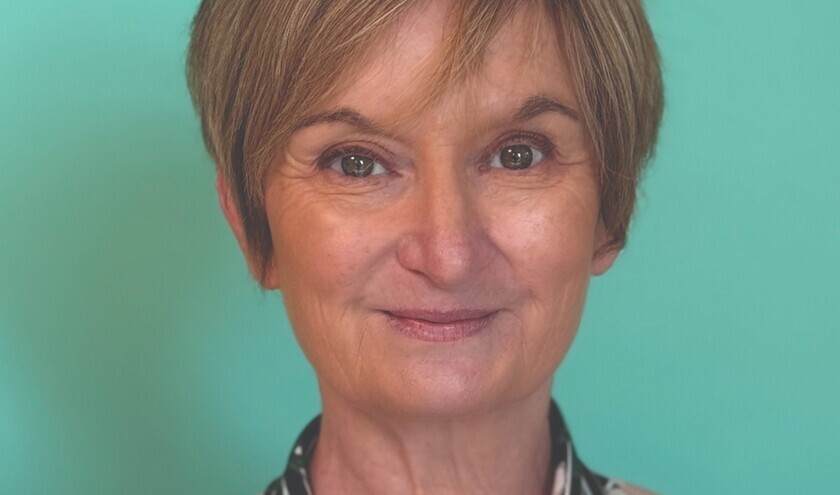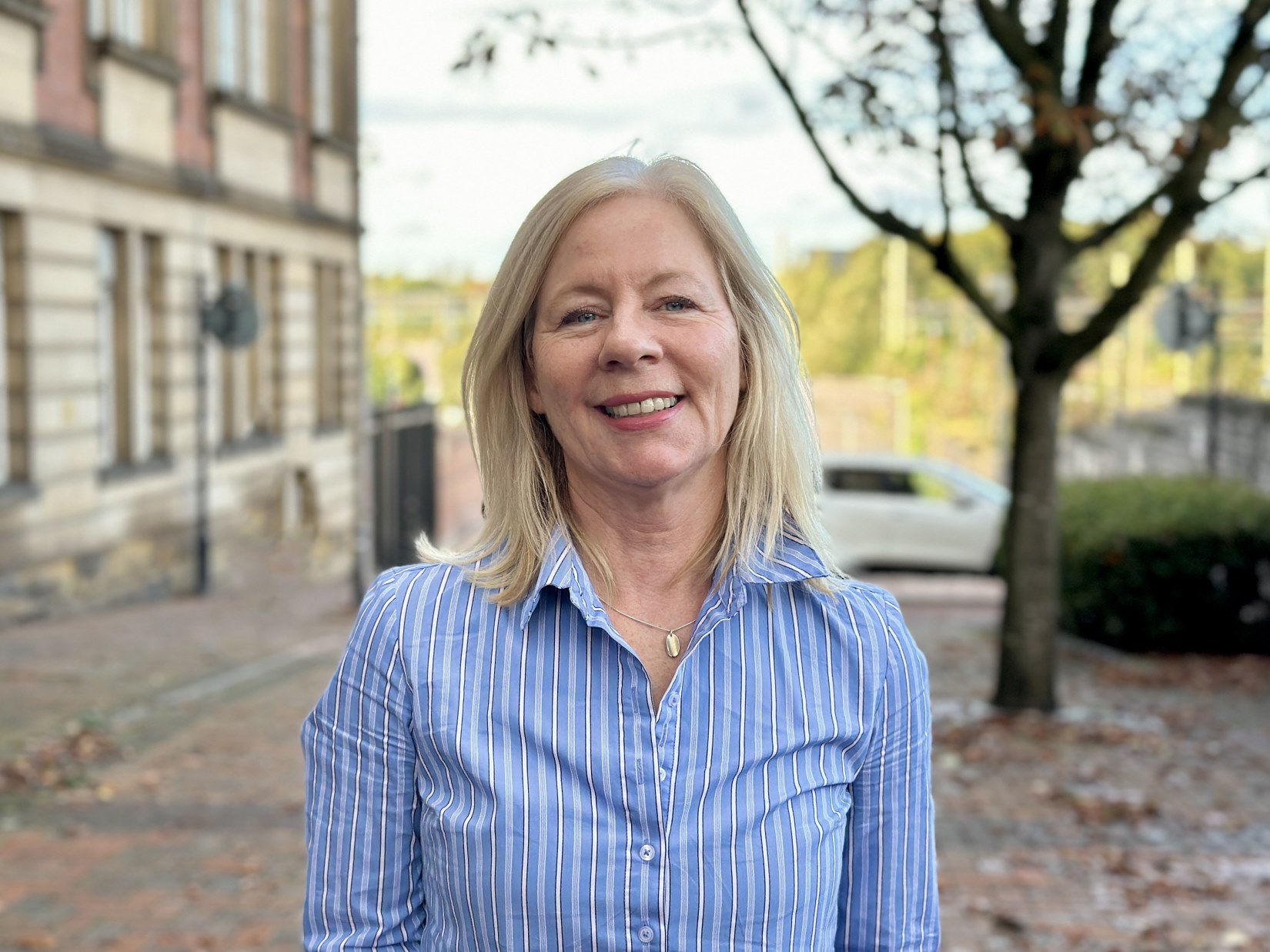Earlier this year the Government's Evaluation Of Homelessness And Rough Sleeping found ‘good evidence' of strong local partnerships and despite the deepening crisis in housing, the main homelessness programmes were viewed as ‘effective'. But as the NHS prioritises ‘moving care from hospitals to communities' under the 10-Year Health Plan, commissioners and managers across the UK will be wringing their hands at the challenge of providing care close to home for patients who are insecurely housed or sleeping rough.
Wendy Lewington is the chief executive of Dacorum Emergency Night Shelter (DENS), a Hertfordshire charity that provides local accommodation and support services to homeless people. The charity is unique in providing a long-term psychotherapy service to this cohort, through which service users can access individual and group psychotherapy for over a year.
This service reflects a critical need: last year at DENS, the average Adverse Childhood Experience (ACE) score was six and a half. This means the average client experienced six or seven different forms of loss, abuse or neglect before adulthood. (Over 30 clients seen by the service last year scored eight or more). Long-term psychotherapy is just one example of the data-led services DENS provides, Lewington explains. ‘It's actually really basic market research,' she says. ‘If we want to make sure we can find the best service for our clients, one that will make a difference to their lives, then we need to identify the issues.'
DENS has commissioned HomelessLink to do some research on their behalf that will use their own insight. It also uses Salesforce's Inform, a customer relationship management (CRM) tool, to handle its client information. DENS's key workers answer a number of questions each week about clients' demographics and key issues, as well as questionnaires and focus groups with clients, and informal listening to staff feedback, which is in turn informed by client feedback.
DENS's Life Skills programme is an example of an initiative that arose from client feedback: ‘Staff were saying our clients do really well in our hostel, but once they go into the community, that's where things go wrong,' Lewington says. ‘We needed to support our clients more to develop life skills before moving out, so we set up a Life Skills worker.'
As with any service that supports groups with a higher risk of substance misuse, Lewington says, DENS expects some clients pass through the system several times.
‘We've had people come back four or five times, and that's absolutely fine,' she says. ‘Success isn't necessarily managing your own tenancy, having a job and being mentally well all the time: it might be broken down into much smaller steps.' The charity currently holds a 77% successful move-on rate.
Unfortunately, it's still a challenge for local services, including the NHS, to know what DENS does (and doesn't) do. ‘We are often a safety net, and I don't have an issue with that,' she says. ‘Being a safety net shouldn't mean clinicians say about us, "I don't know what to do, let's just send them there".' Inappropriate referrals may become even more of a problem as the Government puts pressure on services to offer more community care and reduce their use of hospital care.
‘Our clients might be discharged from hospital inappropriately if their clinician doesn't understand what we can and can't provide,' Lewington says. ‘We're not a nursing home, for example.'
Luckily, sometimes local services come to DENS. For example, Hertfordshire County Council funded a local Health Bus to deliver a NHS Health Check and NHS clinicians have come in to deliver Covid vaccines and liver tests. This reduces the risk of service users being bounced back and forth between the NHS and community – or worse, falling through the cracks.
Having previously worked as head of advocacy at Scope, Lewington is more aware than most that for vulnerable people, navigating systems remains a major challenge. ‘That's why it's important that our clients have a key worker,' she says. She urges NHS commissioners to improve access through named key workers and clinicians. Information-sharing protocols are also vital timesavers for both workers and service users at DENS.
Growing dependence on charities means that organisations like DENS are having an increasingly serious impact on health outcomes – and want their position as stakeholders to reflect it. ‘Some of those larger charities are responsible for how many clients? They're almost the size of a local authority, so think of the risks they carry. How is that different from a local authority?' she says. ‘If we're a local safety net, give us the respect and funding and a seat round the table to be part of the development of services.'
Still, Lewington adds, despite the way the NHS and charities are seemingly kept apart, they share the same mission – and KPIs. ‘Budgets may have been siloed, but supporting people, breaking the cycle around homelessness and preventing long-term issues is going to have a significant impact long-term on the budget of the NHS,' she says.



